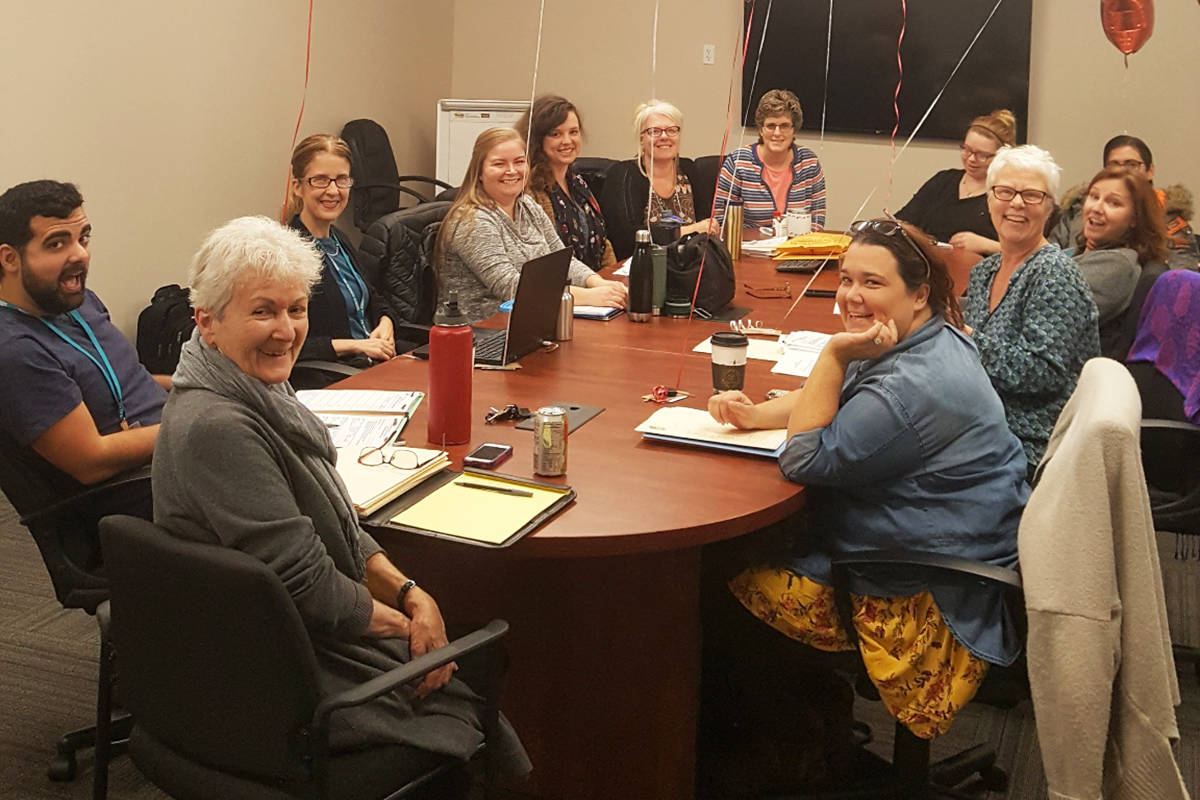If you have an adult family member or friend with mental illness, dementia or neurological disorders, you may know how difficult it can be to find the right residential placement for them.
Repeated visits or extended stays in hospital aren’t the answer, but their challenging behaviors can sometimes jeopardize their pre-existing placement in a residential care facility. Figuring out the next step can be tricky without help, says Amy Moss, program co-ordinator in Everett for Sunrise Services’ Geriatric Transition Program.
“There’s a lot of pieces to the puzzle,” she says. “Our role is to tie all those pieces together and figure out what’s missing. Our focus is preserving residential placement, reducing the length of hospital stays or keeping people out of hospital, and helping to manage behaviors by getting the appropriate medication on board.”
Here’s how Sunrise Services’ Geriatric Transitions Program can help:
- Assessments are critical –When a nurse practitioner specializing in gero-psychology, and Masters level mental health clinicians do a thorough assessment of the individual, and make recommendations for a support plan for the next stage of care, it can provide peace of mind for family members. It also serves to educate caregivers on best practices to help create a more stable living environment for the individual, Moss says.
- Consistency of care – While GTP is intended to be short term – 90 days or less – the program is able to go with the person wherever they go so that new caregivers, case managers or social workers can be kept up to date on the person’s unique mental health situation and behaviors.
- Age need not be a barrier – The GTP is intended for individuals age 60 or older, but people aged 18-59 may qualify for the program if they have a permanent physical disability such as a traumatic brain injury, dementia or multiple sclerosis.
- No home? No problem – The fact that the individual has no permanent home to go to upon their discharge from hospital does not prevent them from working with Sunrise Services staff. As long as they have Medicaid and are not already enrolled in mental health programs such as Expanded Community Services or intensive outpatient, they qualify.
Moss, a licensed Clinical Social Worker and Geriatric Specialist, says especially when changes in behavior happen gradually, many conditions go undiagnosed. “We often find that when people get clear they’re dealing with dementia, for example, there’s a lot of relief for family, caregivers and care facilities who may not understand what’s going on.”
Referrals for the Sunrise Services Geriatric Transfer Program can come from anyone. Simply call 425-366-2260, email gtp@sunriseemail.com or send a fax to 425-267-9779 to find more information.

























